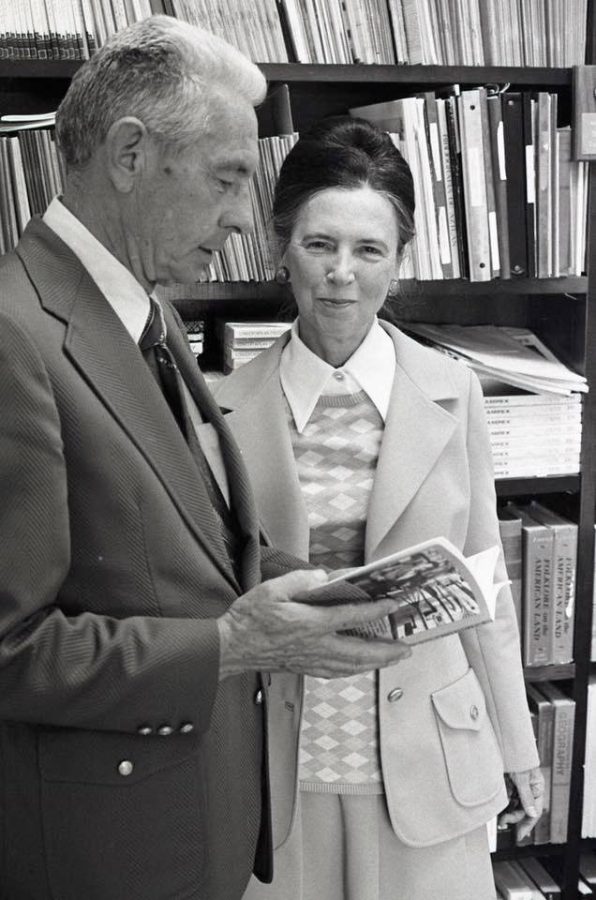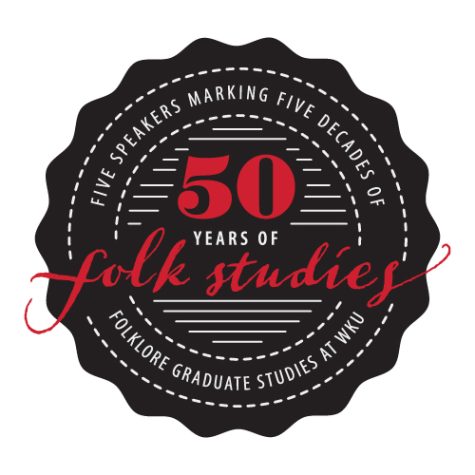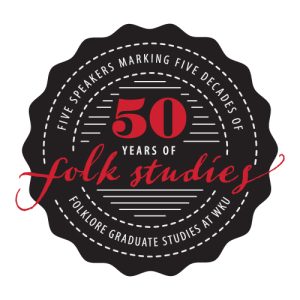Submitted: Concerns for department cuts following potential suspension of Folk Studies
WKU Libraries and Special Collections / Provided by Ann Ferrell
Kenneth and Mary Clarke were hired in the 1960s, through Gordon Wilson’s leadership, and were part of the original core faculty at the time the Folk Studies MA was established in 1972. Courtesy of WKU Libraries and Special Collections.
November 1, 2022
To the College Heights Herald and the Western Kentucky University community,
My name is Steve Watts, and I’m an alumnus of Western Kentucky University. I graduated from the university several years ago in 2015 with a Master’s Degree in Folk Studies. Early in the last week of October, I received an email from another school graduate who was also involved in the Folk Studies program who was reaching out to many former graduate students.
By way of this email, and some subsequent inquiries both through social media and emails between friends both old and new and some mutual acquaintances formerly involved in the program, I have found out that the graduate program in the Folk Studies Department may well be on the way to being suspended if not outright discontinued indefinitely.
Many of us have reached out with phone calls and emails to various university faculty members who are directly involved in the decision-making process, looking for clarification and information on the subject. And, like so many who I’ve been in touch with in recent days, I’m saddened and disappointed in the university’s decision. Specific details, given to me by way of email correspondence with those faculty members who are involved in this situation, are limited, and I feel that there is not much willingness (along with some understandable caution to speak on matters while the process is still in the works) to fully discuss the matter until a pending decision on the matter has been made.
It is my sincerest hope that something positive is done to rectify this potential suspension of the graduate program. Surely, there has to be some way to keep the department funded with great instructors like those who’ve been a part of the Folk Studies Department for so many years and that the university will show its support of this (quite literally) nationally known and highly respected folklore program.
Speaking for myself, I believe that I emerged from the program a much better person and better prepared to interact with the public in ways that can positively impact our society. The benefits of folkloric studies are far too detailed to sufficiently go into here, but I would hope that those unfamiliar with folklore studies can appreciate the fact that folklore intermingles with so many facets of our everyday lives, from how we interact with each other at the student level, at various community levels, and in the work force to how we interact with cultural groups outside of the ones we each individually belong to.
Even if you’re not personally involved in the folklore program at WKU, I truly hope that some of you would be willing to stand with your fellow Hilltoppers and support them in any way possible as we look for ways to peacefully and respectfully seek common ground in an effort to keep the Folk Studies graduate program alive. I would never dare fear, consider, or even suggest that other programs are facing similar risks, now or in the future, but when there is a vital program of study involved, which so many people both academically and socially have been positively affected in some way, and which is facing potential elimination, I can only fear that we will all be a little less well-off without it.




























